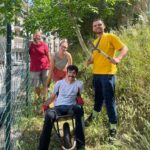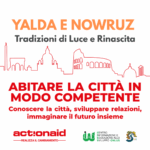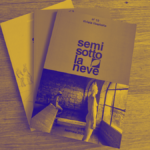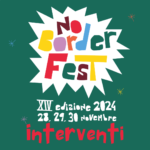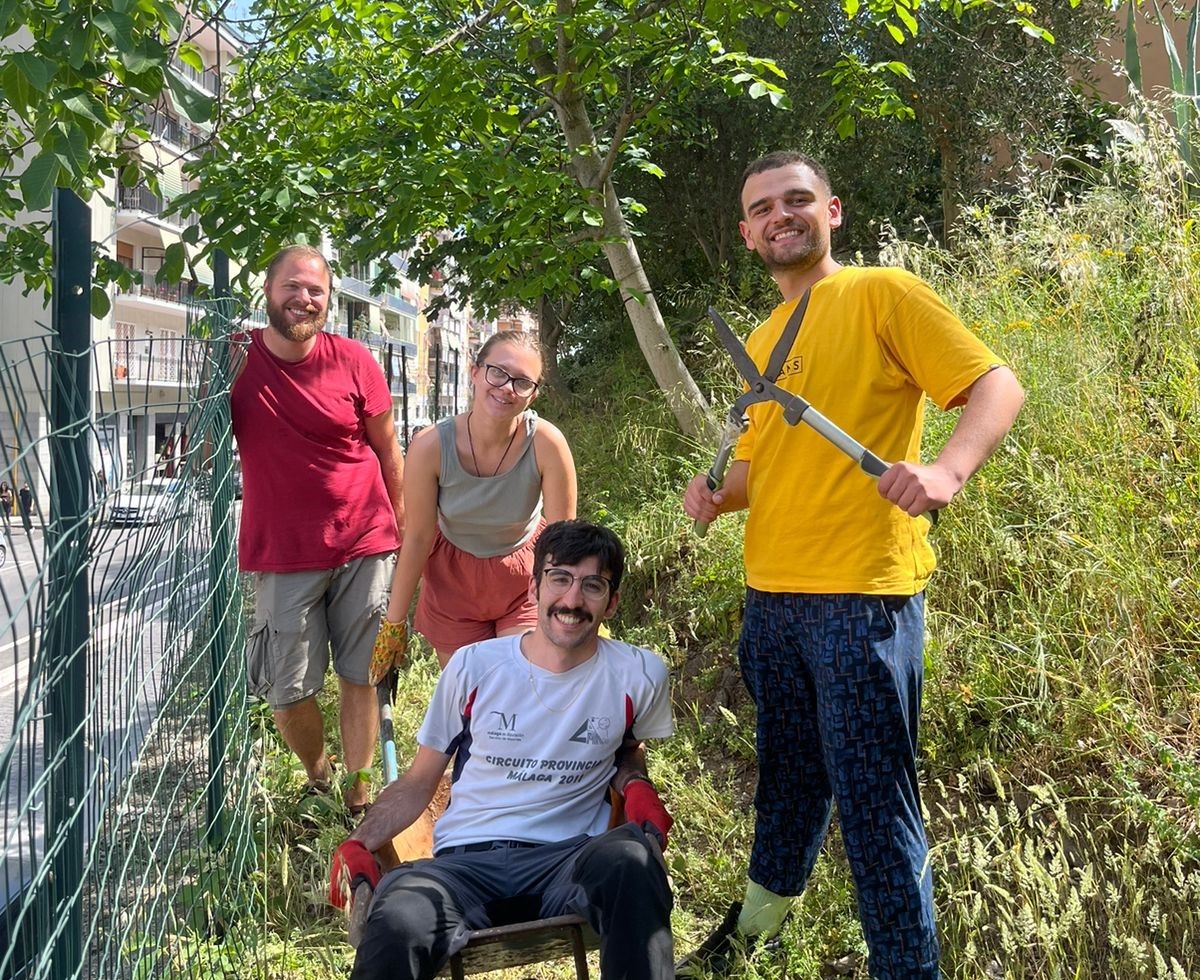
Gestire un Giardino Collettivo: Esperienze di Autogestione e Sociocrazia
Il desiderio di prendersi cura di uno spazio verde comune può portare a delle domande pratiche: “Cosa dovrò fare per non rovinare ciò che qualcun altro ha costruito?” o “Se taglio questo albero, rischio di danneggiare l’idea di qualcun altro?”. Questi dubbi sono naturali, specialmente in contesti dove il lavoro è condiviso e dove le decisioni devono essere prese insieme, senza un’autorità centrale. In un luogo come “La Città dell’Utopia”, dove l’autogestione è la norma, è fondamentale che ognuno capisca il proprio ruolo e contribuisca al lavoro collettivo in modo armonioso.
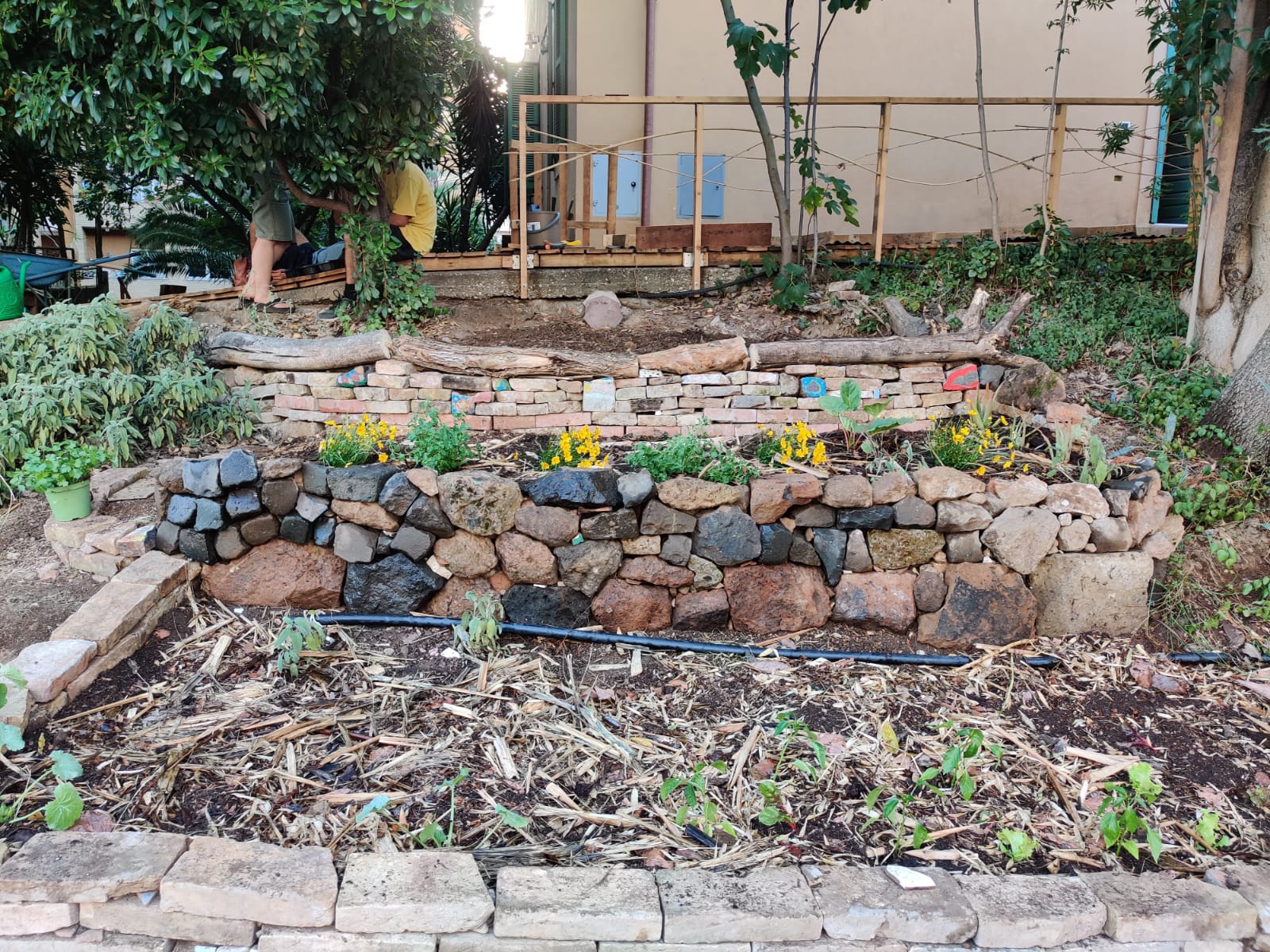
Un esempio di questa collaborazione è stato il campo di volontariato “Utopia Urban Garden”, finanziato dal programma europeo “Corpo Europeo di Solidarietà” (ESC), che ha portato a “La Città dell’Utopia”, dal 28 maggio all’11 giugno 2024, 16 volontari provenienti da Spagna, Italia, Kosovo, Francia, Portogallo, Ungheria e Germania. Questo progetto ha contribuito in modo significativo al recupero e alla manutenzione dell’orto urbano creato nell’area verde che circonda il casale Garibaldi a Roma in cui si trova “La Città dell’Utopia”, spazio che da anni accoglie “Laboratorio 53” e ora il progetto di “Piccola Radio”. Una volta che il gruppo si è consolidato, i partecipanti si sono dedicati al miglioramento dell’accessibilità del giardino, lavorando alla manutenzione dei sentieri e alla costruzione di nuove strutture, come il terrazzamento in lamiera. Con grande attenzione alla sostenibilità, hanno utilizzato legno riciclato per costruire cassette e realizzato etichette informative per le piante e gli alberi, portando avanti l’eredità di un attivista locale che in passato aveva catalogato molte delle specie presenti.
Un elemento importante di questo progetto è stato il metodo organizzativo adottato, ispirato alla sociocrazia, in cui le decisioni sono prese collettivamente e l’opinione di ogni partecipante è rispettata e discussa fino a raggiungere un consenso. Questo approccio garantisce che tutti e tutte possano contribuire alle decisioni, specialmente quando si tratta di preservare l’equilibrio naturale del giardino e decidere come migliorare le strutture esistenti senza intaccare l’ambiente. I volontari hanno quindi potuto sperimentare una metodologia organizzativa basata sull’equità e l’inclusione, acquisendo al contempo sia competenze pratiche siarelazionali, fondamentali per i futuri progetti.
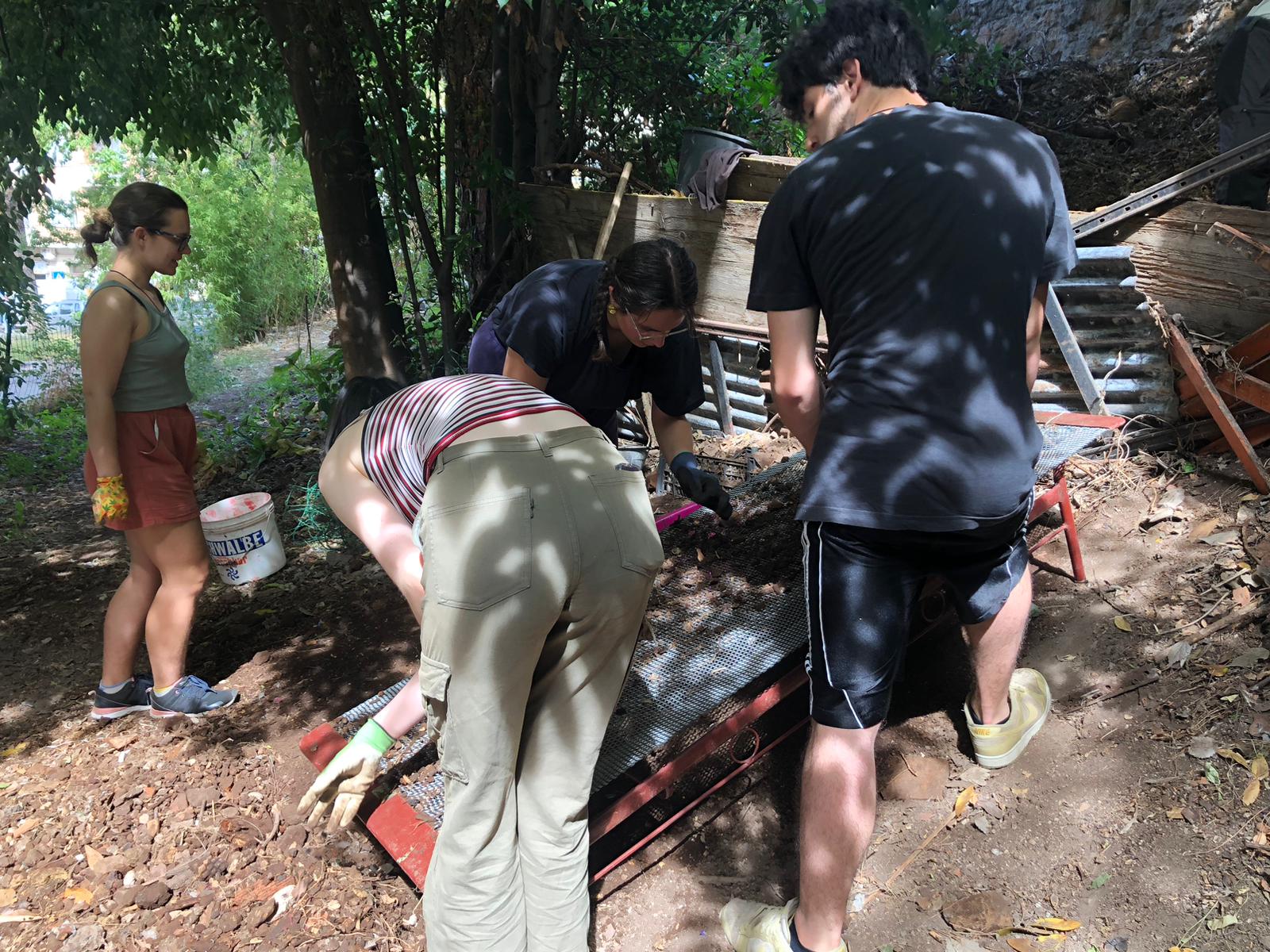
Uno degli aspetti centrali del progetto è stato lo studio della biodiversità del giardino. I volontari hanno esplorato e documentato le specie botaniche presenti, contribuendo alla creazione di una mappa del giardino che faciliterà le future attività di volontariato e sarà utile ai visitatori.
Ogni attività realizzata durante il progetto ESC ha contribuito a rendere questo spazio verde sempre più accessibile e accogliente per la comunità locale. L’obiettivo a lungo termine è quello di mantenere il giardino come luogo di incontro e apprendimento, dove ogni persona può sentirsi parte di un progetto collettivo e contribuire attivamente alla costruzione di un futuro più sostenibile.
Progetti come “Utopic Urban Garden” dimostrano che l’autogestione e la sociocrazia, se ben applicate, possono creare ambienti collaborativi in cui tutti sentono di avere un ruolo significativo.
Nel nostro nuovo episodio, questa volta condotto in lingua inglese, siamo felici di ospitare Sofia, una giovane volontaria che ha partecipato al campo e che ci racconta le sfide e le soddisfazioni di questa esperienza, dall’organizzazione del lavoro fino all’impegno nel rendere il giardino sempre più accessibile e inclusivo per la comunità locale.
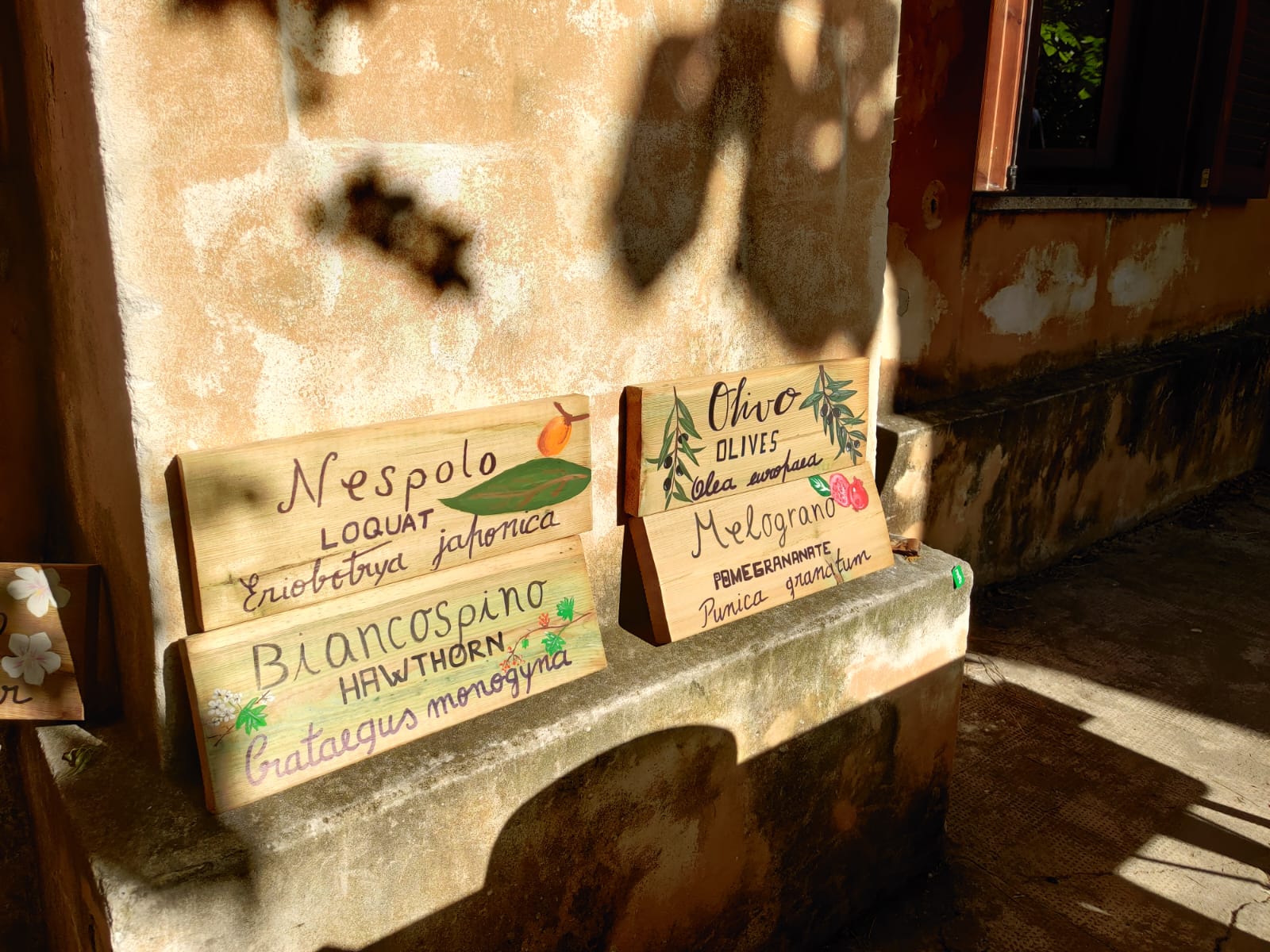
Un altro tema centrale del racconto di Sofia è lo studio della biodiversità nel giardino, dove i volontari hanno catalogato piante e alberi e creato una mappa dettagliata dello spazio verde, che sarà utile per i futuri volontari e visitatori. Sofia parla anche delle visite di studio presso cooperative agricole romane, che le hanno permesso di approfondire le sue conoscenze in agricoltura sostenibile e di comprendere come questi principi possano essere applicati al giardino urbano.
Infine, Sofia ci racconta l’importanza del volontariato internazionale come esperienza formativa e di crescita personale, in cui la collaborazione con persone provenienti da culture diverse può aprire nuove prospettive e insegnare il valore della solidarietà. In questo episodio, Sofia ci guida attraverso il mondo della cooperazione internazionale e del lavoro comunitario, portando il suo punto di vista su cosa significhi contribuire a un progetto che costruisce ponti tra le persone e promuove un impatto positivo nella società e nell’ambiente.